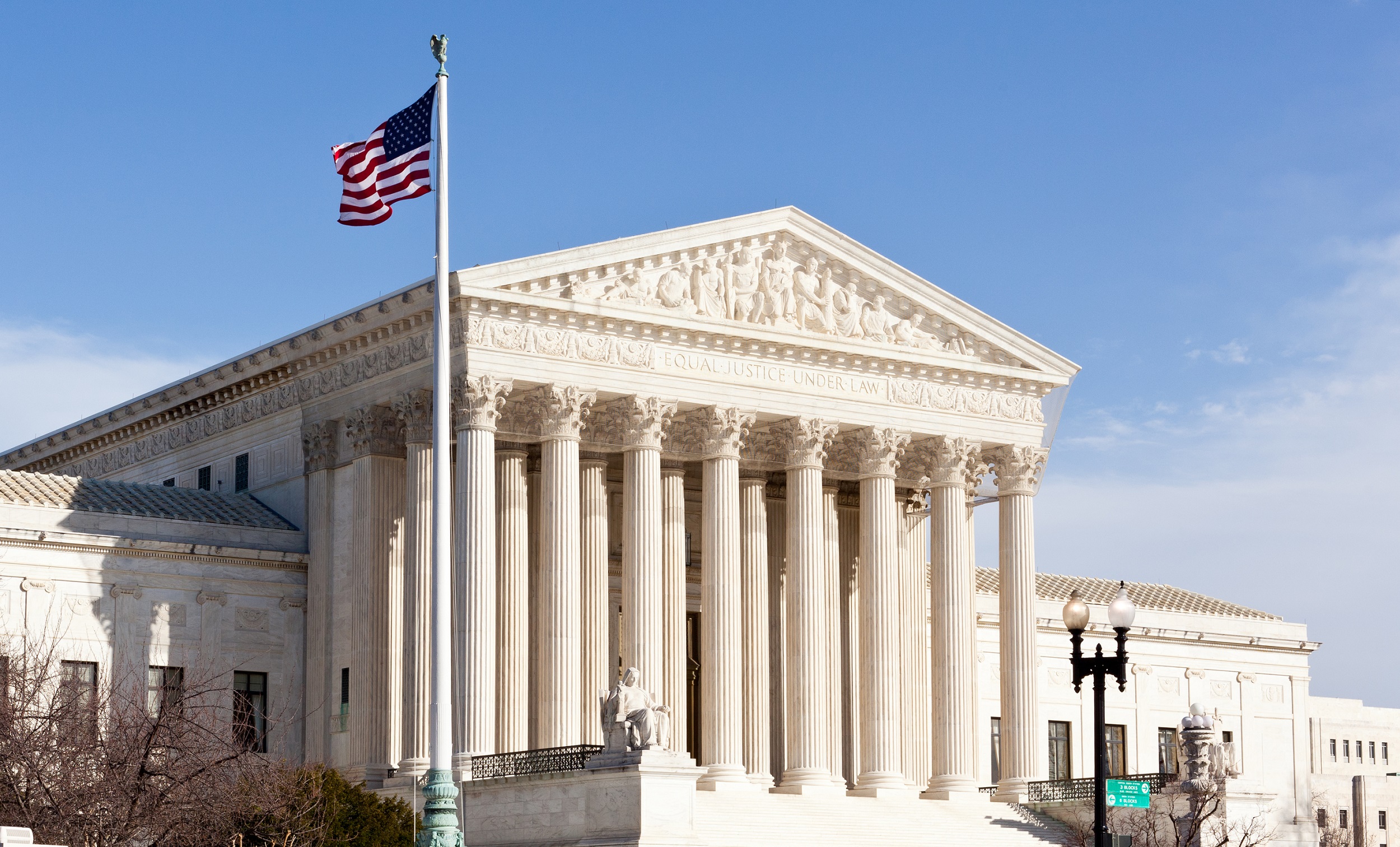
Under federal law, Title VII of the Civil Rights Act requires employers with 15 or more employees to make reasonable accommodations for employees sincerely held religious beliefs or practices, unless it would cause an undue hardship. The Supreme Court amended Title VII of the Civil Rights Act of 1964 marking a higher standard for claiming undue hardship for a religious accommodation claim given the ruling in Groff v, DeJoy.
What was the Supreme Court’s Recent Decision?
Before this ruling, employers could deny a request for religious accommodations if it imposed anything more than a very small or de minimus cost to the organization. The unanimous ruling in the Groff case is significant because now when an employer receives a request for religious accommodation, they must carefully review all factors before denying the request. To deny a request claiming undue hardship, employers must be able to demonstrate a much higher burden in the overall context of business operations. In determining if providing reasonable accommodations would cause an undue hardship, the Supreme Court ruled that employers must demonstrate “substantial increased costs in relation to the operations of its particular business.”
What’s the Impact to Employers?
With this new rule, employers must look at various factors when considering accommodation requests such as how the accommodation affects the employer’s business in terms of nature, size, and operating expenses. Deciding whether an accommodation would cause undue hardship will depend on the unique circumstances of each case. The Supreme Court did not offer specific guidance on what this new standard means. As a result, it may pose more challenge post-Groff to deny religious accommodations based on undue hardship reasons. A commonsense approach, combined with careful examination of the facts and circumstances of the situation, is best practice. Additionally, it is important to consider other state and local laws as they relate to undue hardship, as those regulations may be more restrictive.
Employer Next Steps
We have summarized key steps employers should take to comply with this notice.
- Review current policies and procedures used when assessing religious accommodation requests
- Train staff involved with making religious accommodation decisions on this higher standard
- Apply more rigor to assessing religious accommodation requests by analyzing their impact on the operations of the business
If you have any questions regarding this HR-Alert, please email us.
This content is provided with the understanding that Hilb Group is not rendering legal advice. While every effort is made to provide current information, the law changes regularly and laws may vary depending on the state or municipality. The material is made available for informational purposes only and is not a substitute for legal advice or your professional judgment. You should review applicable laws in your jurisdiction and consult experienced counsel for legal advice.
DOWNLOAD PDF